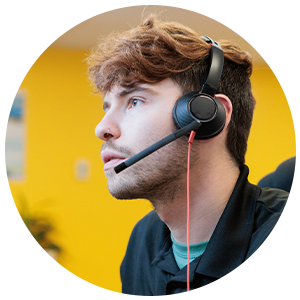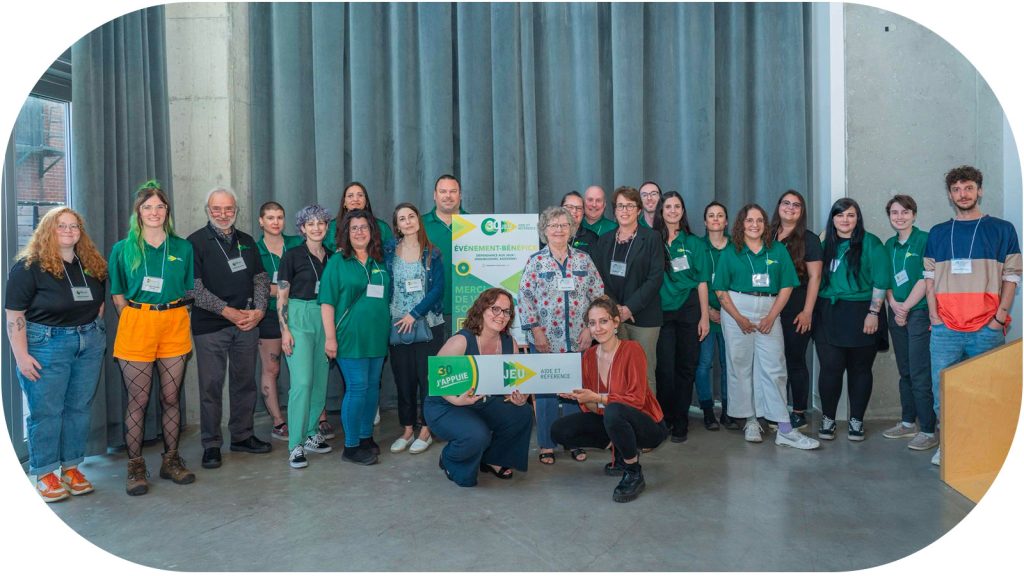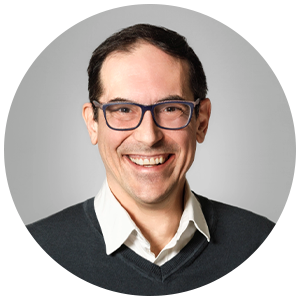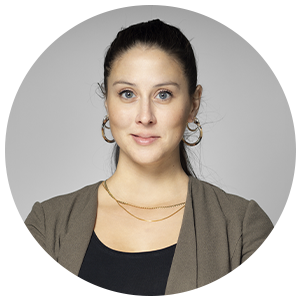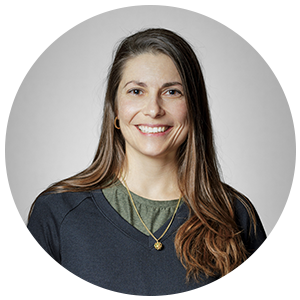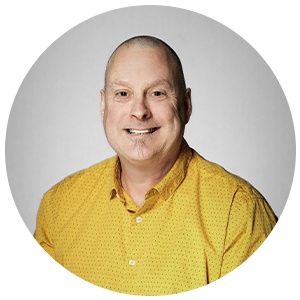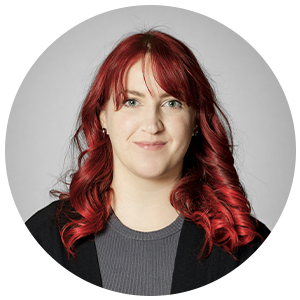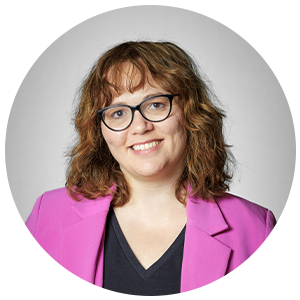History
Gambling: Help and Referral stemmed from the need to inform people of the risk that, for some of them, a game does not always remain a game. In the fall of 1993, when the Québec Government built the first casino, various measures to protect gamblers where put in place, such as Gambling: Help and Referral. Managed by the Information and Referral Centre of Greater Montréal, it was first financed by Loto-Québec from 1993 to 2001 and from 2001 on, by the ministère de la Santé et des Services sociaux du Québec.
Since November 15th, 1993, experienced counselors have been working tirelessly in order to provide a quality service to the population of Québec. We wish to point out their professionalism and team spirit in fulfilling the Centre’s mission: HELPING THROUGH INFORMATION. As with any risky activity, such as drinking, gambling is not harmless and the thousands of requests for help that we have received since then, are proof of that.

